Currently, the weather is in the summer season, Binh Thuan province is continuously experiencing hot weather with the highest temperature. The hot weather lasting for many days will cause people's electricity demand to increase, leading to the potential risk of power grid failures, affecting production, business and consumption activities in the province. To help people use electricity safely, economically and effectively during the hot season, Binh Thuan Electricity Company recommends customers the following electricity-saving solutions to help save electricity and increase the life of equipment to the optimal level.
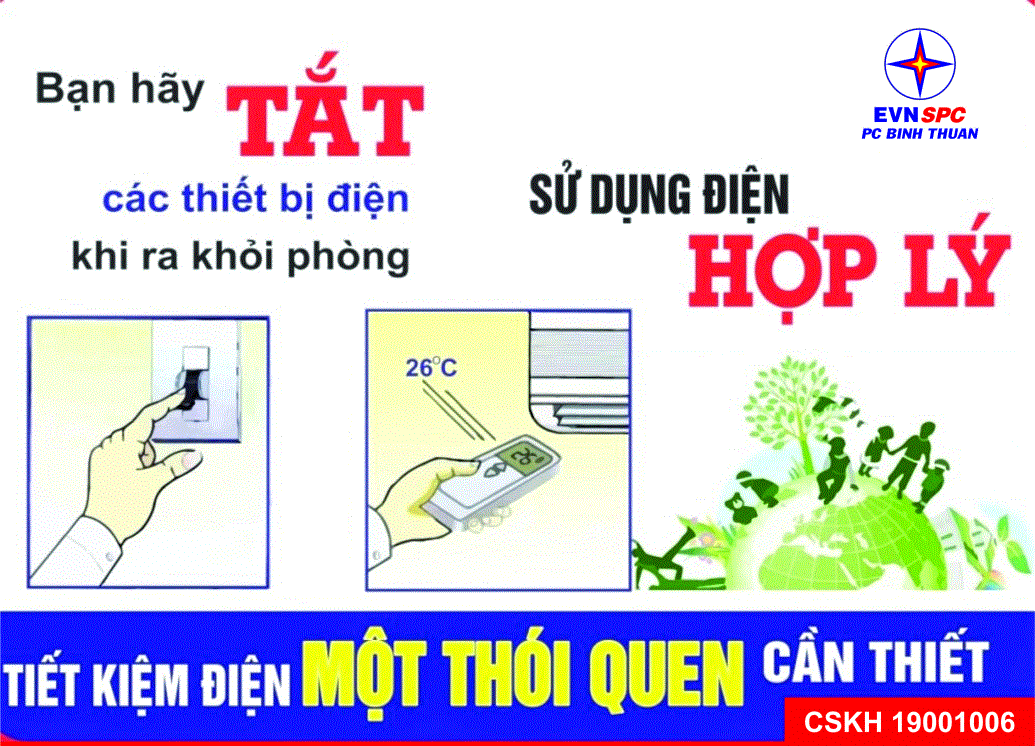
For households
Choose and use electrical equipment with energy-saving labels (the more stars, the more energy-saving). Regularly clean and maintain equipment to ensure stable and economical operation.
The sunnier the weather, the more air conditioning is used. To save electricity, users need to set the best temperature from 26 to 28 degrees Celsius. Setting the temperature low does not make the air conditioner cool faster, but only wastes electricity, damages the machine and does not ensure health. In case it is not cool enough, users can turn on a fan in combination, which will help save about 2 to 3% of electricity compared to turning on the air conditioner at a lower temperature.
Adjust the refrigerator to a suitable temperature according to the season, regularly check the rubber gasket on the door; do not open the refrigerator for too long; do not store too much food; place the refrigerator away from heat-generating devices (water heaters, stoves, ovens, etc.).
For using iron, hot water tank: Should concentrate many items to iron at once, iron thick items first and take advantage of the heat to iron thin items.
You should choose LED lights that have superior lighting capabilities but consume much less power than conventional bulbs and take advantage of natural light. You should cook rice 30-45 minutes before eating to limit reheating time.
Another important thing to do with most of these devices is to unplug them when not in use, because even if they are not in use, they still contribute to the increase in electricity bills. According to the Berkeley Institute, unplugged devices, even if not in use, will consume about 5% - 10% of the electricity consumed in a household.
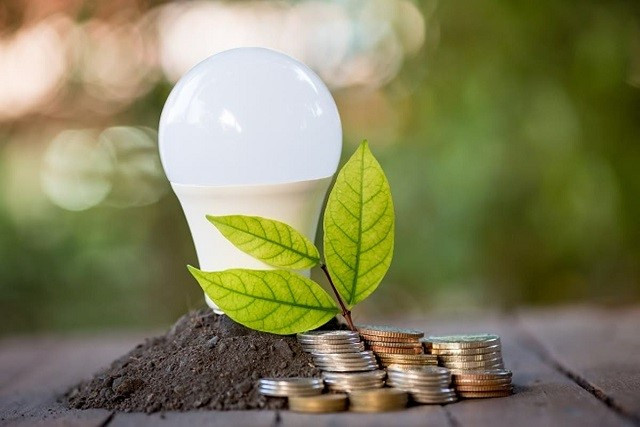
Energy-saving LED lights will help save up to 85% of electricity compared to traditional incandescent lights.
For manufacturing enterprises and service businesses
Arrange production plans reasonably, limit the operation of high-capacity electrical equipment (such as grinders, air compressors, etc.) during peak hours from 9:30 to 11:30 and from 17:00 to 20:00 every day.
Invest in, improve, and replace old, outdated, low-performance equipment with high-performance and energy-saving equipment such as: Install additional frequency converters for compressor systems, industrial air conditioners, fans, and high-capacity motors in production lines.
Limit and cut at least 50% of the number of lights used for advertising and decoration, use only one light to illuminate signs at night, turn off all lights on large advertising billboards from 10 pm, etc.
For public agencies, administrative units and social organizations
It is necessary to develop regulations on energy saving to apply in the office, offices should be installed with energy saving devices, reduce the amount of lights in the hallway, security lights in the office, parking lot, etc.
Air conditioning should be used from around 9am onwards. Take advantage of skylights (if available) and natural ventilation. Turn off the air conditioner 30 minutes before leaving the office.
After working hours, turn off all electrical devices. TV screens, computers, phone chargers, remote controls, etc., if not in use, must be turned off completely. Leave in standby mode so the device can still measure power consumption.
Binh Thuan Electricity Company recommends that customers should increase the use of electricity economically and effectively to join hands with the Electricity industry in providing safe electricity, fully meeting the electricity needs for socio- economic development and people's daily life.
Source










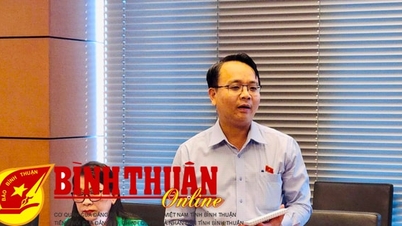




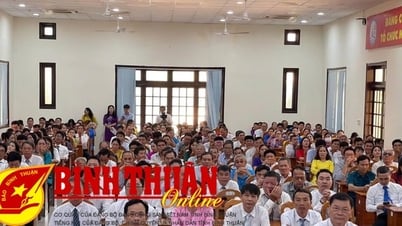












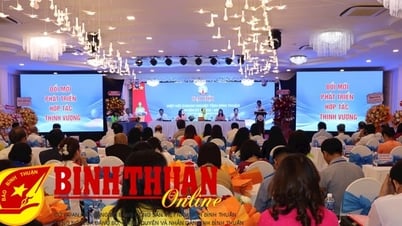







































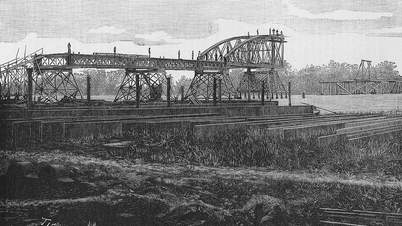










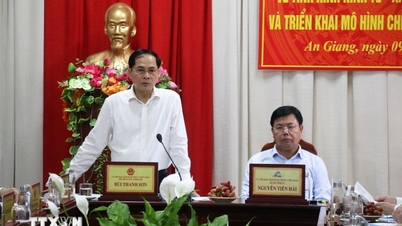









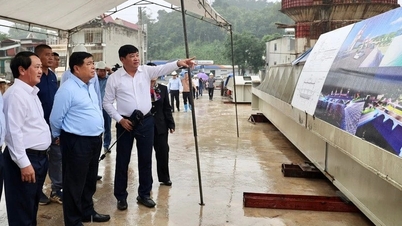

















Comment (0)